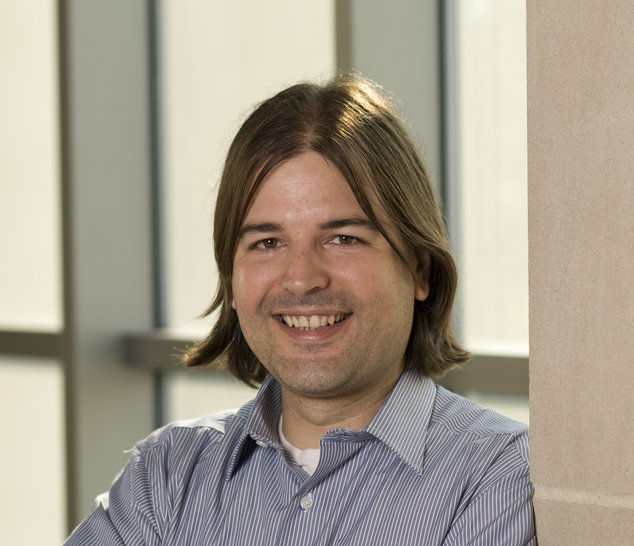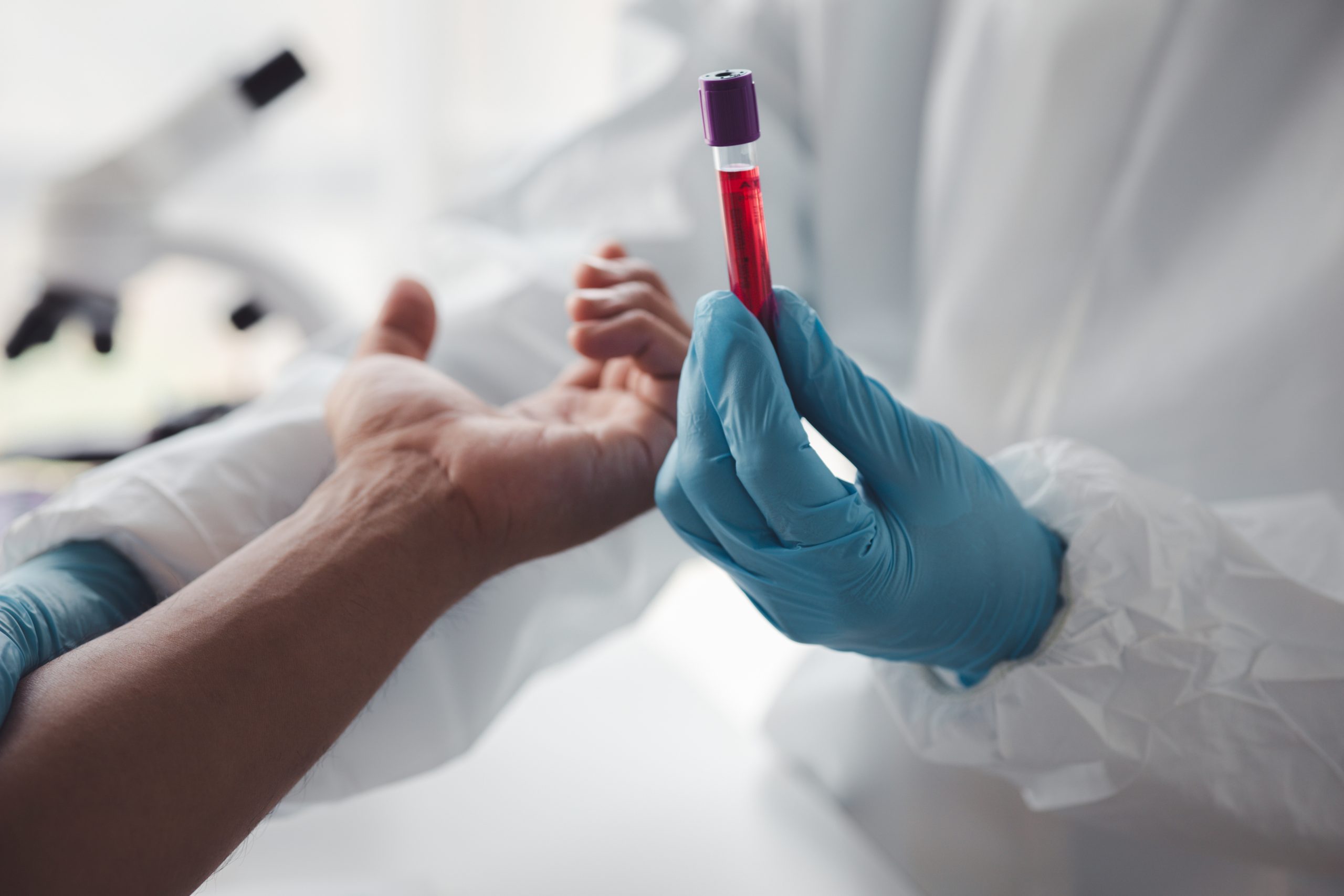
I arrived at the Hebrew University of Jerusalem in the summer of 2005 with the goal of completing a Master’s degree in neurobiology, having recently graduated with a bachelor’s degree in biology from the Ben-Gurion University of the Negev. I was enrolled in the master’s program of Brain and Behavior at the Givat Ram campus, and during my first year I was already looking for a lab where I could pursue my doctoral degree. Luckily, I was able to join the lab of Professor Richard Ebstein, a leading expert in the field of behavioral genetics. After successfully completing my master’s degree, I began my Ph.D. studies, under the supervision of Professor Ebstein, in the Department of Neurobiology at the Hadassah Ein Kerem Medical Center. My doctoral research focused on the molecular genetic underpinning of the stress response in humans. This interest in the biology of exposure to stress, and the consequence of early adverse exposure on health in later life, emerged while serving as a medic in the paratroopers’ brigade in the Israeli Defense Forces.
My research as a Ph.D. student entailed an interdisciplinary investigation into the biomarkers of social stress in healthy human subjects. This research integrated the disciplines of molecular genetics, endocrinology, neurobiology and psychology. The goal of my dissertation was to dissect the biological and psychological properties of the stress response in human subjects. I tested how variations in different genes, as well as environmental measures of stressful life events, influenced neuro-endocrine response to an experimentally administered social stressor (i.e., the Trier Social Stress Test, TSST). Our results extended the body of evidence outlining the connection between common genetic variations, environmental measures of stressful life events, and social stress response in humans. In addition, my work also examined the involvement of two molecules, oxytocin and vasopressin, in modulating the human social brain. Since many animals display varying degrees of social behaviors, the evolution and selection of genes that foster such behaviors is of considerable interest. These behaviors include social stress, the quality of pair bonding, parenting, in-group and out-group relationships and social communications. Our findings indicated that common genetic variations modulates social stress and social behavior in healthy human subjects. Overall, this body of work enhanced our understanding on intriguing number of social behaviors that resonates across species.
After completing my Ph.D., I spent a few months in Singapore working with my Ph.D. adviser where I examined the effects of stress on economic decision making, before moving to Duke University for my postdoctoral training. In the Fall of 2011, I joined the lab of Professors Avshalom Capsi and Terrie Moffitt, world-renown experts in gene-environment interplay and developmental psychopathology. At Duke, I developed expertise in the new field of telomere science, a promising new biomarker of stress and aging. Telomeres are the protective caps on the ends of chromosomes that protect our genetic material. Over time, as telomeres become shorter and weaker, cells age and die, which can lead to increased disease rates. Studies have linked shorter telomeres to a wide range of aging-related diseases, including dementia, diabetes, cardiovascular disease and some cancers. My work with telomeres explores the influence of life stress on telomere shortening. Specifically, our research tests the effects of stress during childhood on change in telomere length across the life course and the consequences of change in telomere length for physical and mental health problems. In the first study of children, I showed that cumulative violence exposure was associated with accelerated telomere erosion, from age five to age 10, for children who experienced violence at a young age. This finding provided initial support for a mechanism linking cumulative childhood stress to telomere maintenance, observed already at a young age, with potential impact for life-long health.
I am currently an Assistant Professor in the Department of Biobehavioral Health at Penn State University. My work continues to explore the influence of stress throughout the life course on biological processes that can contribute to diseases and early mortality. My goal is to be able to characterize behavioral and molecular targets for public health surveillance and clinical treatment applications aimed at understanding and mitigating the consequences of stress exposure. My career would not have happened without my experience growing up in Israel, and the outstanding training and knowledge I gained during my time at the Hebrew University, which for me was always considered to be the best place in Israel to pursue higher academic degrees. I am a proud alumni member of the Hebrew University and I hope to continue to represent the university the best way I can.



